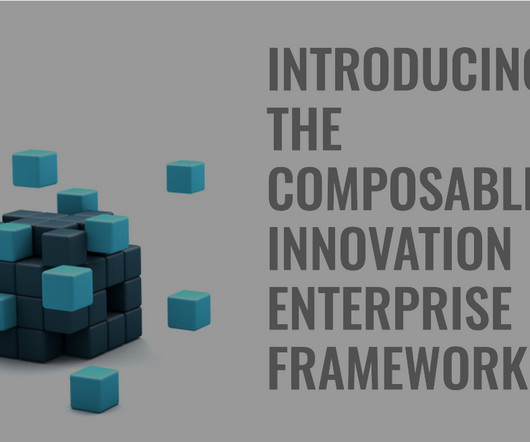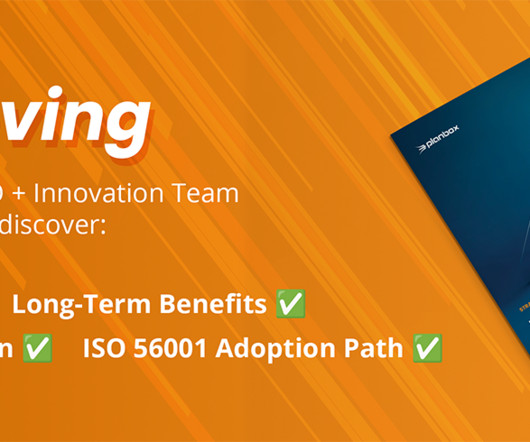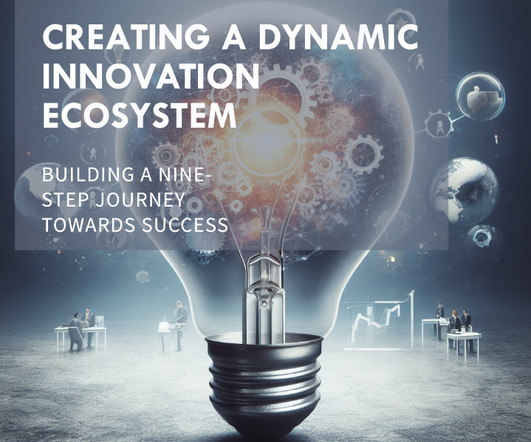Unlocking Organizational Potential: Developing Executive Leadership for Culture Change
Leapfrogging
APRIL 3, 2024
The Imperative of Culture in Organizational Success Understanding Organizational Culture Organizational culture encompasses the shared values, beliefs, and norms that influence how people within an organization interact with each other and work together to achieve business goals.





















Let's personalize your content